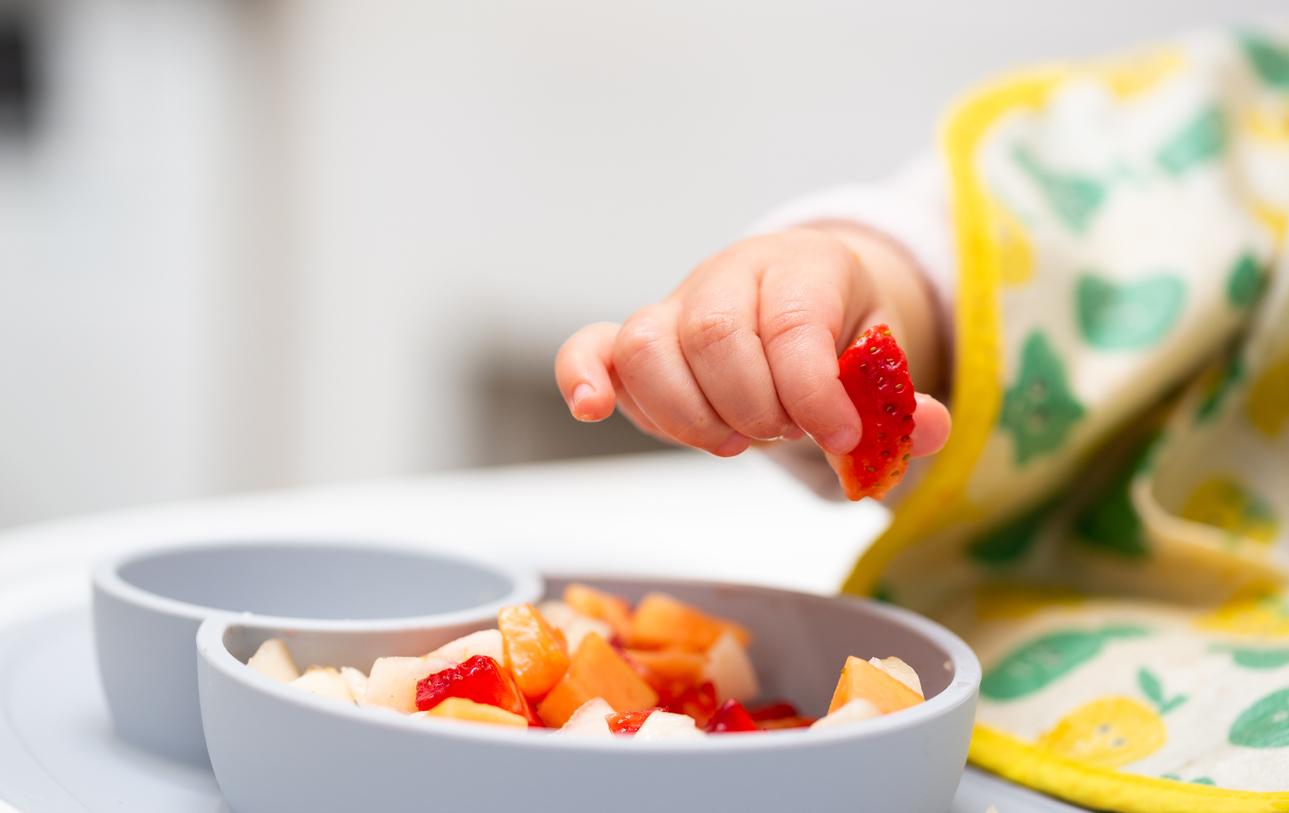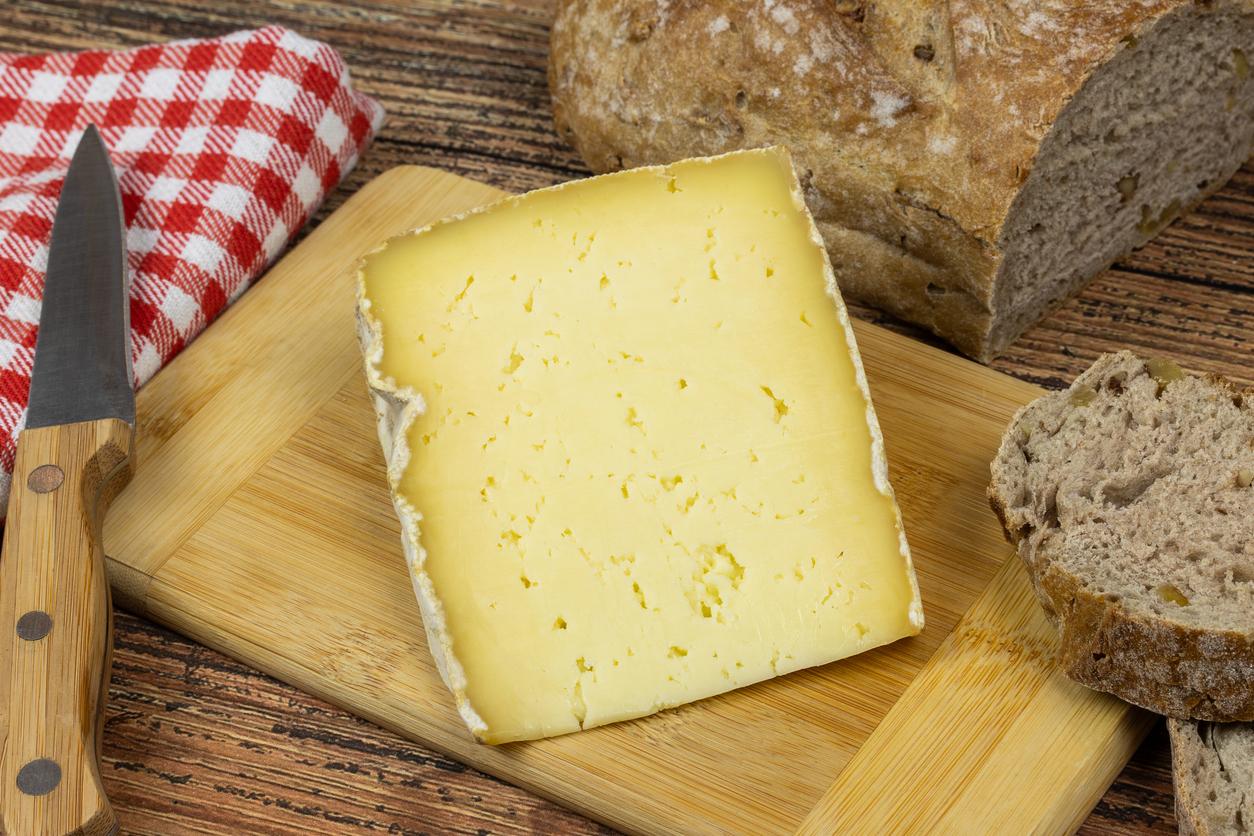Vegetable proteins would reduce the risk of mortality by 5% compared to vegetable proteins.

- Favoring vegetable proteins to animal proteins would reduce the risk of mortality by 5%
- Previous studies have shown that plant proteins reduce the risk of coronary artery disease, heart disease and diabetes
- Overall, vegetable proteins would increase life expectancy
Preferring vegetable proteins to animal proteins would make it possible to live longer. In any case, this is what American researchers are saying. of the National Cancer Institute of the National Institutes of Health, whose work has been published in the Jamaica Internal Medicine.
Decreased mortality risk
By analyzing health data from 179,068 women and 237,036 men compiled in the NIH-AARP Diet and Health Study database, the researchers found that the elderly who ate the most vegetable protein had a longer life expectancy than the others.
Specifically, they had a mortality risk 5% lower than the average. The study also found that people who switched 3% of the amount of animal protein they ate to plant protein had a 10% lower mortality risk.
Vegetable proteins come from plants, unlike animal proteins which come from an animal source (fish, egg, meat). Rich in mineral salts, trace elements, fiber and vitamins, vegetable proteins are cholesterol-free and contain fats beneficial to health, unlike animal proteins which are rich in saturated fats, which are not recommended for health.
The benefits of vegetable proteins
Several studies presented at Nutrition 2018, the congress ofAmerican Society for Nutrition, confirm the benefits of vegetable proteins on health, in particular by inducing a lower risk of developing coronary artery disease, plaque buildup in the arteries of the heart, heart disease or even diabetes.
According to the researchers, choosing the right plant foods would reduce mortality by 30%, while favoring higher quality animal proteins has little effect on mortality.
Foods high in plant protein
Vegetable proteins are found, for example, in legumes (lentils, beans, chickpeas, split peas, dried beans, etc.), cereals (rice, bread, pasta, potatoes, corn, semolina, tapioca, etc.), oilseeds ( almonds, cashews, pecans, macadamias, hazelnuts, pistachios), hemp seeds, tofu or vegetable milks (almond milk, rice milk, soy milk).
The ideal for health is to have a healthy and balanced diet in order to provide all the nutrients the body needs, to ban processed foods, too fatty or too sweet and to drink at least one liter of water per day. It is also essential to reduce alcohol consumption, avoid sodas and other sugary drinks and finally, practice regular physical activity.
According to a survey carried out in 2017 by the IFOP, 50% of French people would like to increase their consumption of vegetable products. Five percent of French people would be vegetarians or vegans and 30% flexitariansthat is to say limiting their consumption of meat without being totally vegetarian.
.

















